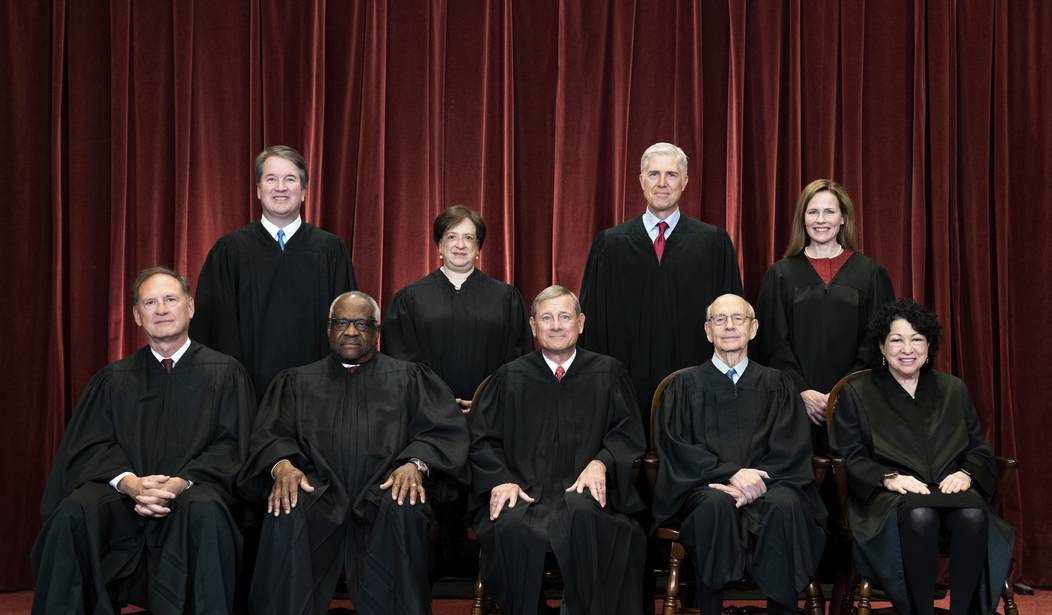The ongoing efforts by liberal activists to either defund or abolish the police have pumped fresh energy into a related topic. That would be the repeated calls to either weaken or curtail qualified immunity for police officers. Two separate court challenges seemed to advance the prospects for this terrible idea when lower courts ruled against police officers who were being challenged on this basis after being accused of using excessive force on suspects. Those challenges finally made their way to the Supreme Court this month. Last night the court dealt a blow to the people fighting to curtail qualified immunity. In two unsigned orders with no dissent being published, the court found in favor of both officers and overturned the lower court rulings. At least for now, it appears that this court will hold with previous precedents that supported qualified immunity. (CNN)
In two unsigned opinions Monday, the Supreme Court ruled in favor of police officers seeking qualified immunity from allegations of excessive force.
In both cases, the justices overturned lower court decisions that went against the officers.
The rulings — and the fact that no justice publicly dissented — suggests that the court is not willing, at least for now, to radically transform how it considers qualified immunity cases.
The linked report dredged up an analyst from the Cato Institute who opined that this ruling means that public officials “can continue to violate people’s rights with impunity.” That’s certainly a dramatic way to phrase it, but the reality seems to be a bit different.
The two cases in question were from California and Oklahoma. In the first, a suspect was put in an “uncomfortable position” for eight seconds by a police officer after he had threatened his wife and 12-year-old daughter with a chainsaw. The second one was a bit more dubious. Three police officers shot and killed a suspect who was threatening to throw a hammer at them after being found intoxicated in his ex-wife’s garage and refusing to leave. A hammer can certainly be considered a deadly weapon, but the suspect’s family claimed that the police should have been able to talk him out of attacking anyone.
The fact that there was no dissent offered in these rulings appears to indicate that the court is unwilling to undertake a major shift in policy on the question of qualified immunity. And we’re talking about a precedent that stretches back quite a ways.
It’s not that I don’t have at least some measure of sympathy for those who want to see qualified immunity done away with. There are certainly some cases on the record where it appears to have been abused. But the reasons for keeping it in place far outweigh any benefit you might realize from abolishing it, at least in my opinion.
Qualified immunity was established primarily to protect police officers from nuisance lawsuits that would be filed by disgruntled suspects every time the police are put in a situation where physical force is the only way to get a confrontational suspect under control. If police officers were constantly tied up in court and facing massive monetary penalties on a regular basis just for doing their jobs, nobody would sign up for the Police Academy before long.
As I said, this may indeed allow a few bad apples to slip through the cracks in marginal cases, which is unfortunate. But we also need to remember that qualified immunity is not absolute. Officers are regularly charged with crimes when they step over the line. And the worst offenders are convicted in both criminal and civil courts on a fairly regular basis. The alternative to qualified immunity would wind up turning into a back-door method of abolishing the police. Of course, that’s probably exactly what some of the people calling for an end to qualified immunity would like to see anyway.








Join the conversation as a VIP Member